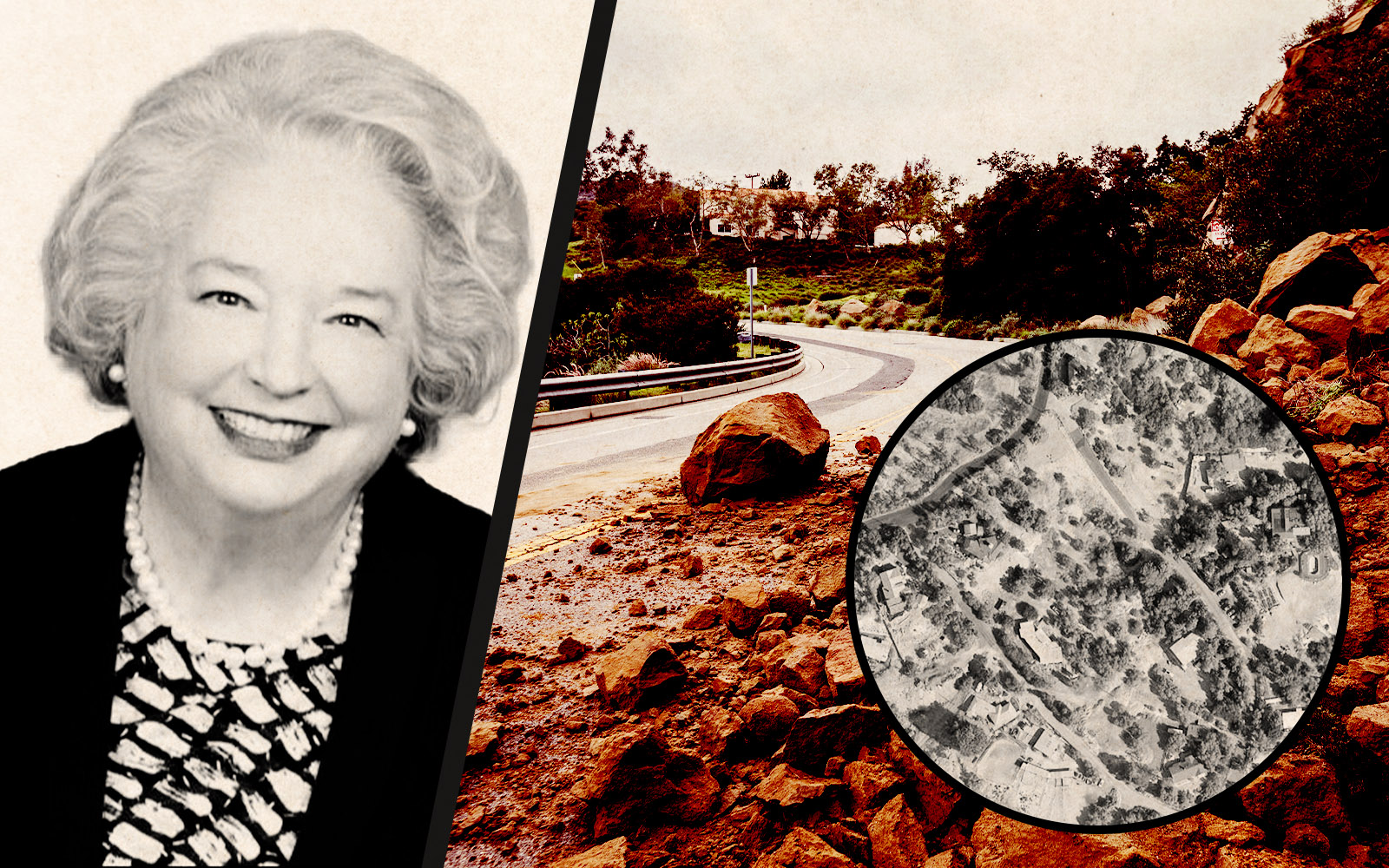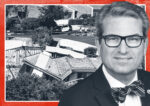Rancho Palos Verdes may be on a long slide to the bottom.
In response to accelerating landslides that led to two red-tagged homes, the City Council voted this week to extend its emergency declaration and building moratorium, the Torrance Daily Breeze reported.
While the city has made various attempts to stop the land movement, there doesn’t seem to be an end to the shifting dirt, experts say.
“I have a lot of bad news to report,” geologist Mike Phipps told the council. “You’re dealing with a huge landslide mass; it has been moving historically for decades. It has just picked up, it’s moving in its acceleration.
“There’s really nothing that can be done quickly.”
City officials have tried to tackle land movement across the Palos Verdes Peninsula, where a summer slide destroyed 12 homes in Rolling Hills Estates.
And it’s where Rancho Palos Verdes homeowners see growing property damage in what is known as the Portuguese Bend Landslide Complex, which covers 240 acres and includes three landslide areas of Portuguese Bend, Abalone Cove and Klondike Canyon.
Last February, a property owner in Portuguese Bend filed a lawsuit alleging that the moratorium to protect against landslide risk is really a “takings” claim placing restrictions on private property.
This week, city officials said declaring a local emergency could allow more emergency authority that could include requiring homeowners to cease outdoor watering and to drain leaky pools.
Two homes in the Seaview neighborhood of the Klondike were red-tagged because of damage in June and August. Officials said the damage could have been caused by rain during a wet winter or by cracked water pipes.
The city closed multiple trails in the Portuguese Bend Reserve this year because of land movement, with another mile of trails closed last week.
City Manager Ara Mihranian said the city has been dealing with an ancient landslide that was triggered in 1956.
“What we’re experiencing now is real, it’s significant, it’s moving at a rate that we haven’t seen in decades,” Mihranian said, adding the city is doing everything it can to ensure the protection of life and property.
Public Works Director Ramzi Awwad said the city is working with residents to increase the number of dewatering wells, prepare underground sewers and other measures.
Phipps, the geologist, has studied the landslide area since 1956, along with Cotton, Shires and Associates, a firm under contract with the city. In recent years, he said, the fissures and slides have accelerated, especially after last winter’s rains. In some areas, land has shifted 6 feet.
Increasing the amount of dewatering wells and patching up streets are “Band-Aid approaches” when it comes to a large landslide, Phipps said.
“But there’s not much else that you can do,” Phipps told the council. “People can do things on an individual lot basis. But those are small efforts because those lots are postage stamps on a big canvas. So that’s probably not what you want to hear. But that’s the way it is.”
— Dana Bartholomew
Read more



